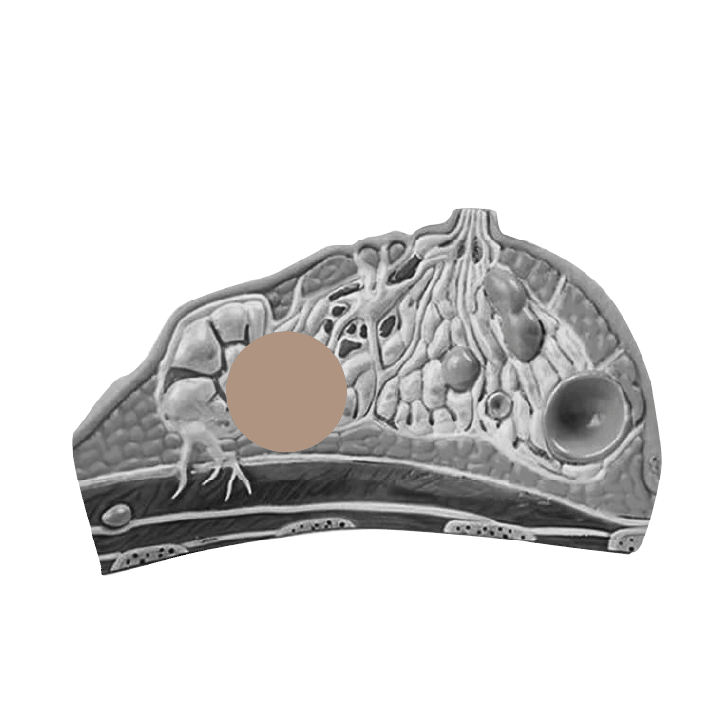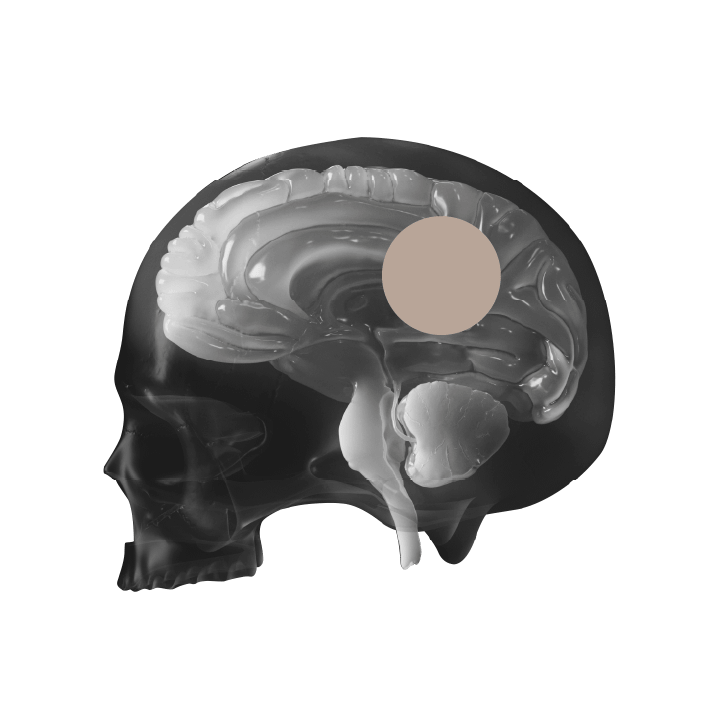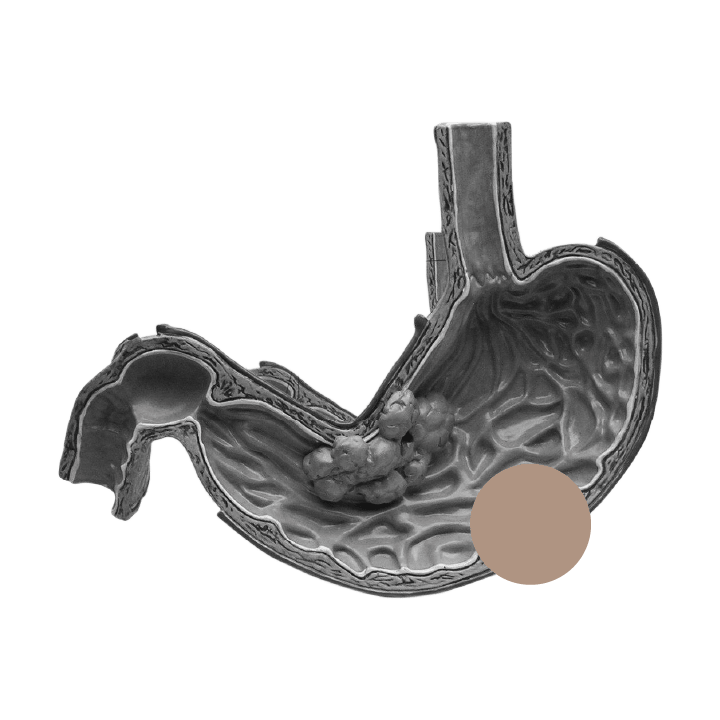9/11 Stomach Cancer
The September 11th attacks on the World Trade Center caused massive devastation and destruction, leaving burning debris and carcinogenic materials in the surrounding area for an extended period of time. As first responders, residents, and other workers returned to the area during recovery, these individuals continued to be exposed to dangerous conditions that lead to serious diseases, including 9/11 stomach cancer.
In an effort to support 9/11 survivors in their medical treatment and recovery, the World Trade Center Health Program (WTCHP) and Victim Compensation Fund (VCF) were created to provide additional benefits for survivors. If you or a loved one suffer from stomach cancer related to exposure from the World Trade Center attack, contact a 9/11 stomach cancer lawyer to discuss your eligibility for benefits under these programs.
MAXIMUM PAIN AND SUFFERING AWARD FOR
Stomach Cancer:
$250,000
*Does not account for additional conditions or other forms of loss. Prior results and outcomes are not guaranteed.
September 11th and Increased Risk for Stomach Cancer
Stomach cancer is considered a rare cancer and therefore a certified illness under the WTCHP. While a rare cancer, there are a variety of risk factors that may be linked to both stomach cancer and exposure from the 9/11 attacks. These factors include:
* Prior stomach surgeries – As victims experienced multiple traumatic injuries, surgeries prior to 9/11 can increase stomach cancer risk.
* Exposure to carcinogens – Victims were exposed to intense carcinogens during and after the attack. Depending on where and how long you were in the area your exposure rate could be higher.
* Other cancer diagnosis – Other cancers – like lung cancer, breast cancer and brain cancer – have been linked to September 11th exposure.
Treatment for 9/11 Stomach Cancer
Since stomach cancer impacts a vital organ, a host of medical professionals and treatments are often needed to fight 9/11 stomach cancer. Common treatments include: chemotherapy, radiation therapy, surgical removal of cancerous tissue, immunotherapy, and other targeted therapies. More specific cancer treatment professionals include gastroenterologist, surgical oncologist, radiation oncologist, and medical oncologist, as well as standard oncology teams.
Finding Support for 9/11 Stomach Cancer Patients
Finding support during your cancer treatment and while in recovery is important. Today, cancer patients and survivors are able to engage in online support groups that limit their exposure to other diseases while undergoing treatment, as well as providing encouragement and support for patients and family. In addition to the medical support, finding a 9/11 stomach cancer attorney to help with your claim is important too. Pitta & Baione can fight for your rights and help ensure you get the compensation you need if you are battling stomach cancer.
Contact a 9/11 Stomach Cancer Attorney to Discuss Your Eligibility for Benefits
If you or a loved one suffer from stomach cancer related to exposure from September 11th, contact a 9/11 lawyer at Pitta & Baione by completing our online contact form or calling us at 844-982-2667 to discuss your eligibility for benefits.
PITTA & BAIONE LLP SUCCESSFUL CLAIMS





